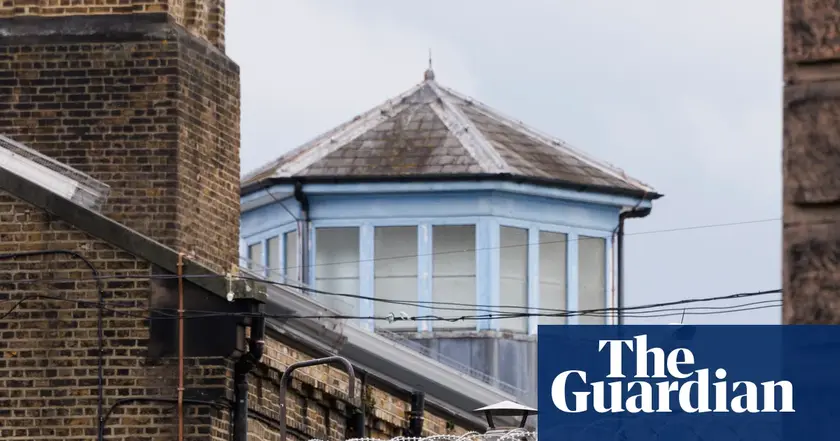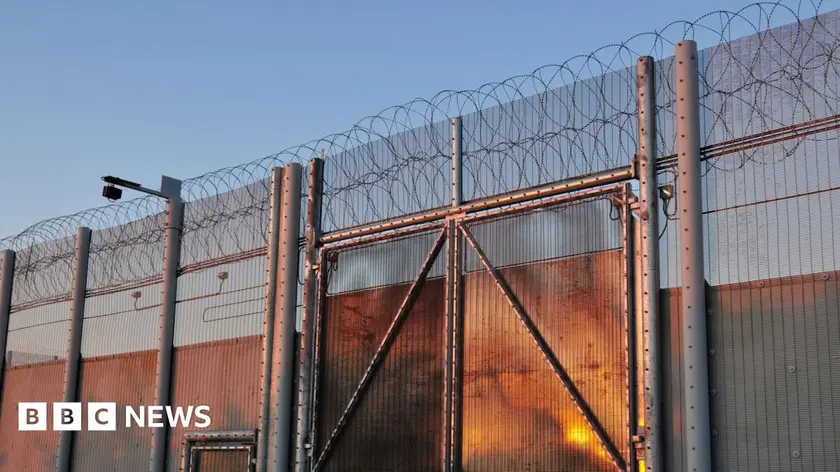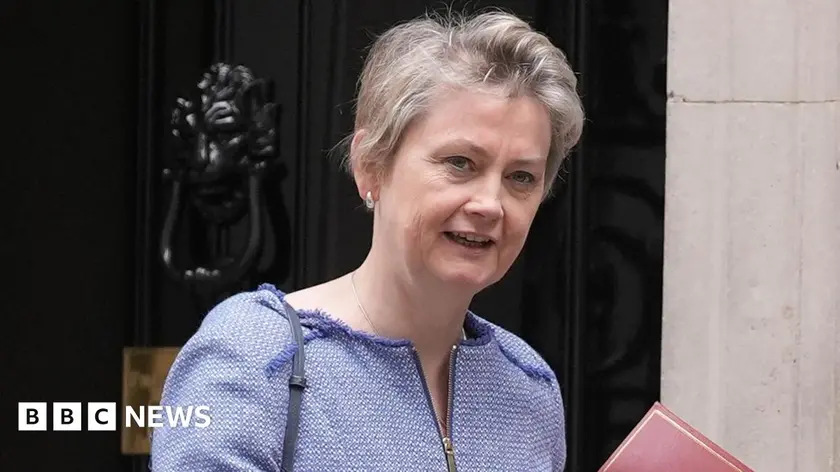T4K3.news
UK deportation plan advances
Government proposes immediate deportation for most foreign prisoners, with reforms to bar re-entry and cut costs.

The government proposes deporting most foreign offenders as soon as they are convicted, with new rules to bar re-entry and cut costs.
UK shifts to immediate deportation of most foreign prisoners
Most foreign criminals will be deported immediately after conviction and incarceration under new government plans. The changes would allow removal as soon as a prisoner is jailed, instead of waiting for 30% of the sentence to be served. Indeterminate-sentenced offenders, such as terrorists and murderers, would remain in UK custody before deportation. Prison governors would retain the option to refuse deportation for those on determinate sentences if they pose a serious threat. Deportees would be barred from re-entering the country.
The package also links deportations to cost savings. The government notes each prison place costs about £54,000 a year and foreign offenders make up around 12% of inmates. A parliamentary vote is required before the new powers take effect. This follows a September change that lowered the time-in rule to 30%, while the latest plan would allow deportation with 0% served. Labour critics argue the policy risks human rights concerns and political backlash, while the government frames it as speeding removals to protect public safety. The Prison Service has operated near full capacity, a pressure point in recent months that the debate cites as fuel for reform.
Key Takeaways
"Our message is clear: if you abuse our hospitality and break our laws, we will send you packing."
Statement by justice secretary Shabana Mahmood on deportation policy
"It’s a farce."
Shadow justice secretary Robert Jenrick on the plan
"If countries won’t take back their nationals, Starmer should suspend visas and foreign aid."
Jenrick's critique of Labour leader's stance
"Deportations happen earlier than ever before."
Claim on speed of deportations by government
The proposal marks a hard line on immigration and crime, casting speed as a tool of justice. It promises cost savings but risks errors, legal challenges, and frictions with international partners who resettle their nationals. Speed must not trump due process or fairness.
Beyond budget figures, the policy exposes a broader political fault line. If pushed through, it could reshape debates over rehabilitation, human rights, and the UK’s duties toward those in its custody. The coming debate will reveal how far lawmakers are willing to bend rules to deliver swift outcomes.
Highlights
- Our message is clear: if you abuse our hospitality and break our laws, we will send you packing.
- It’s a farce.
- If countries won’t take back their nationals, Starmer should suspend visas and foreign aid.
- Deportations happen earlier than ever before.
Deportation policy faces political backlash and budget questions
The plan raises concerns about human rights, budget effectiveness, and public reaction. Opposition parties may challenge it in parliament and in courts. The policy could heighten tensions around immigration and security.
The next steps will reveal how fast Britain wants to act on deportations.
Enjoyed this? Let your friends know!
Related News

Deportation plan moves forward in parliament

OpenAI forms strategic partnership with UK government

Nigel Farage unveils £17bn plan to tackle UK crime

Deportation policy expanded

UK households warned about August bank holiday travel disruptions

Trump establishes Rwanda migrant deal amid Labour turmoil

OpenAI partners with UK government for AI projects

UK airport parking prices reveal financial concerns for travelers
